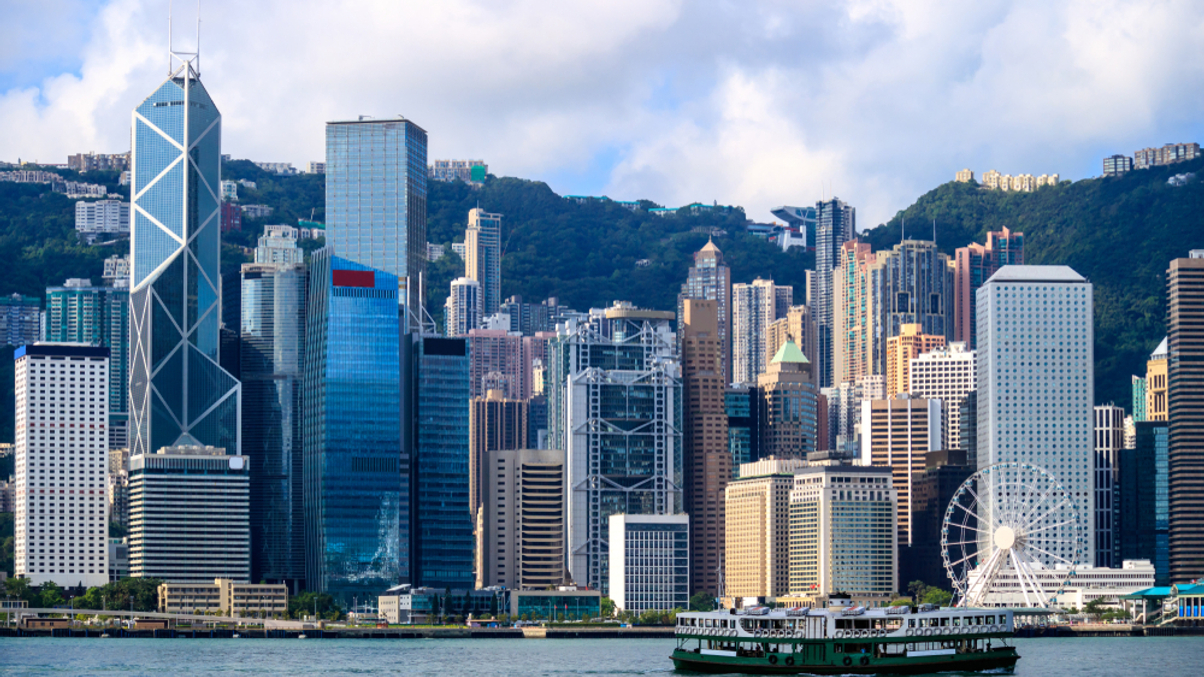Rate hikes and sovereign wealth losses cloud Hong Kong's economic picture
A slowing economy, higher interest costs, and a poorly performing de facto sovereign wealth fund all cloud Hong Kong's outlook in the second half of 2022.

Hong Kong is having to weather a series of negative economic and financial blows as it faces into the second half of 2022 and beyond.
Sign in to read on!
Registered users get 2 free articles in 30 days.
Subscribers have full unlimited access to AsianInvestor
Not signed up? New users get 2 free articles per month, plus a 7-day unlimited free trial.
¬ Haymarket Media Limited. All rights reserved.


